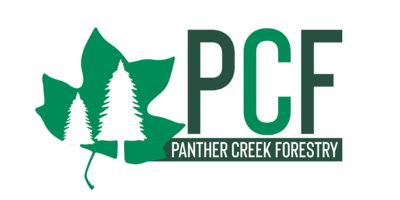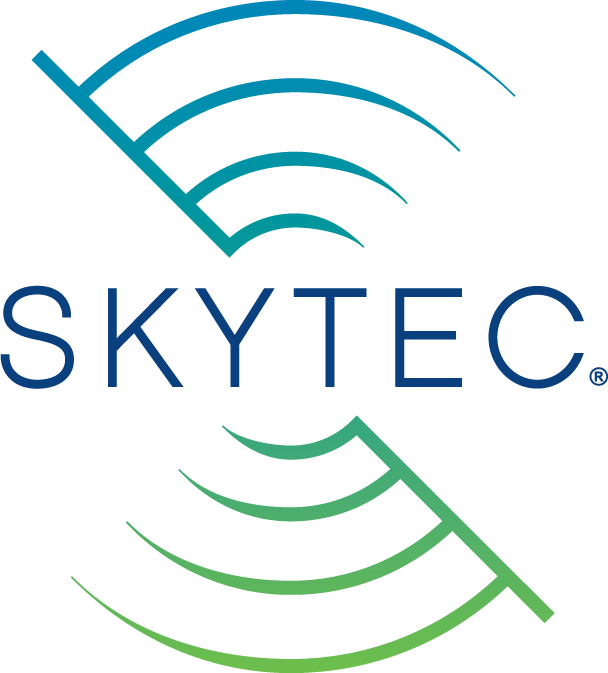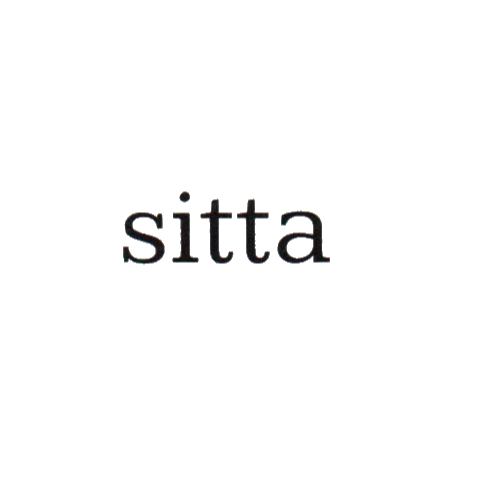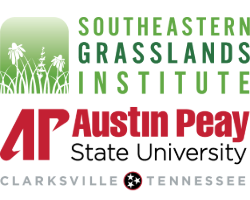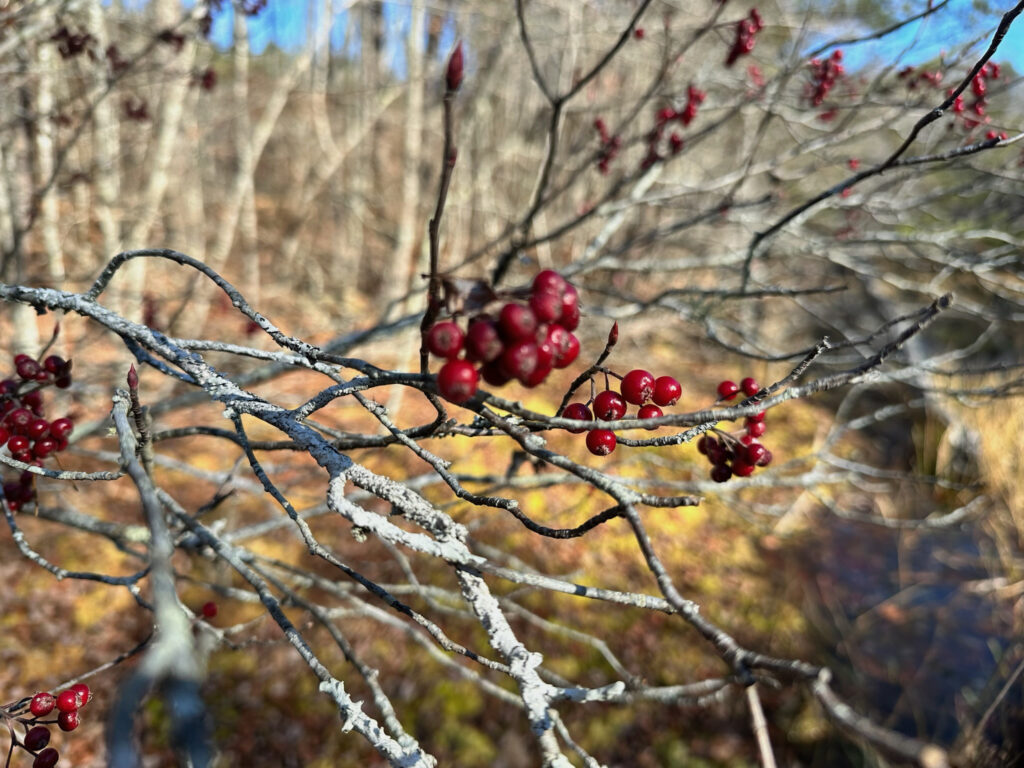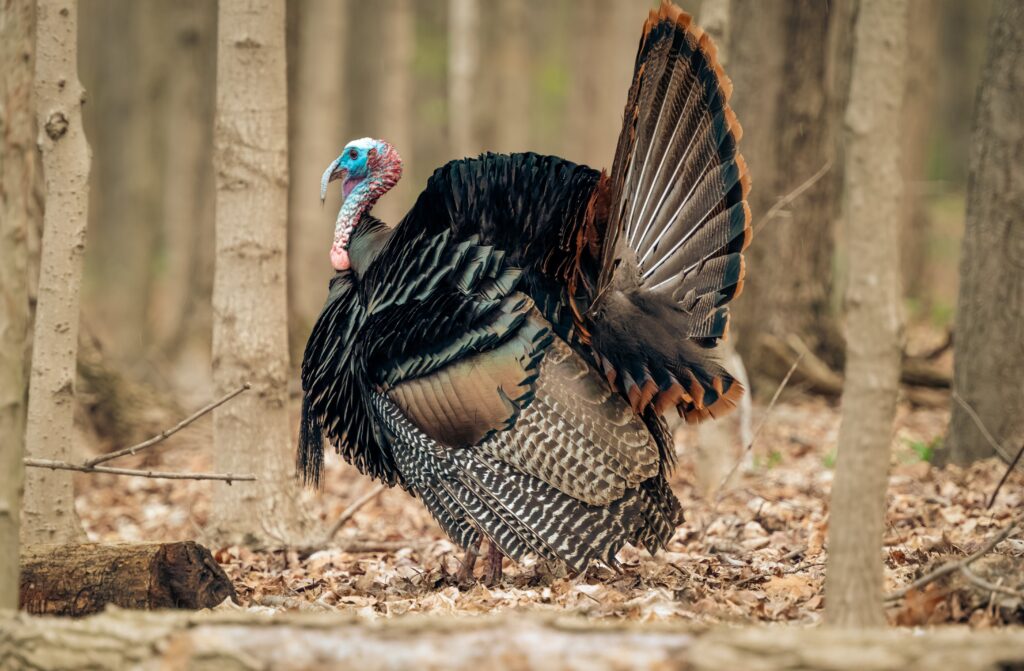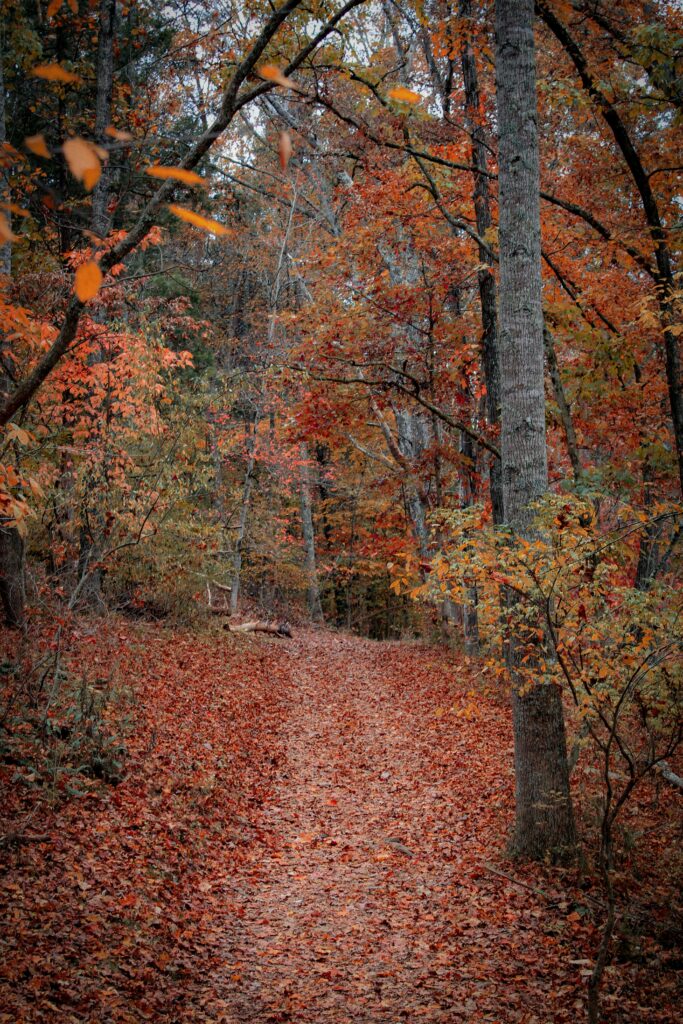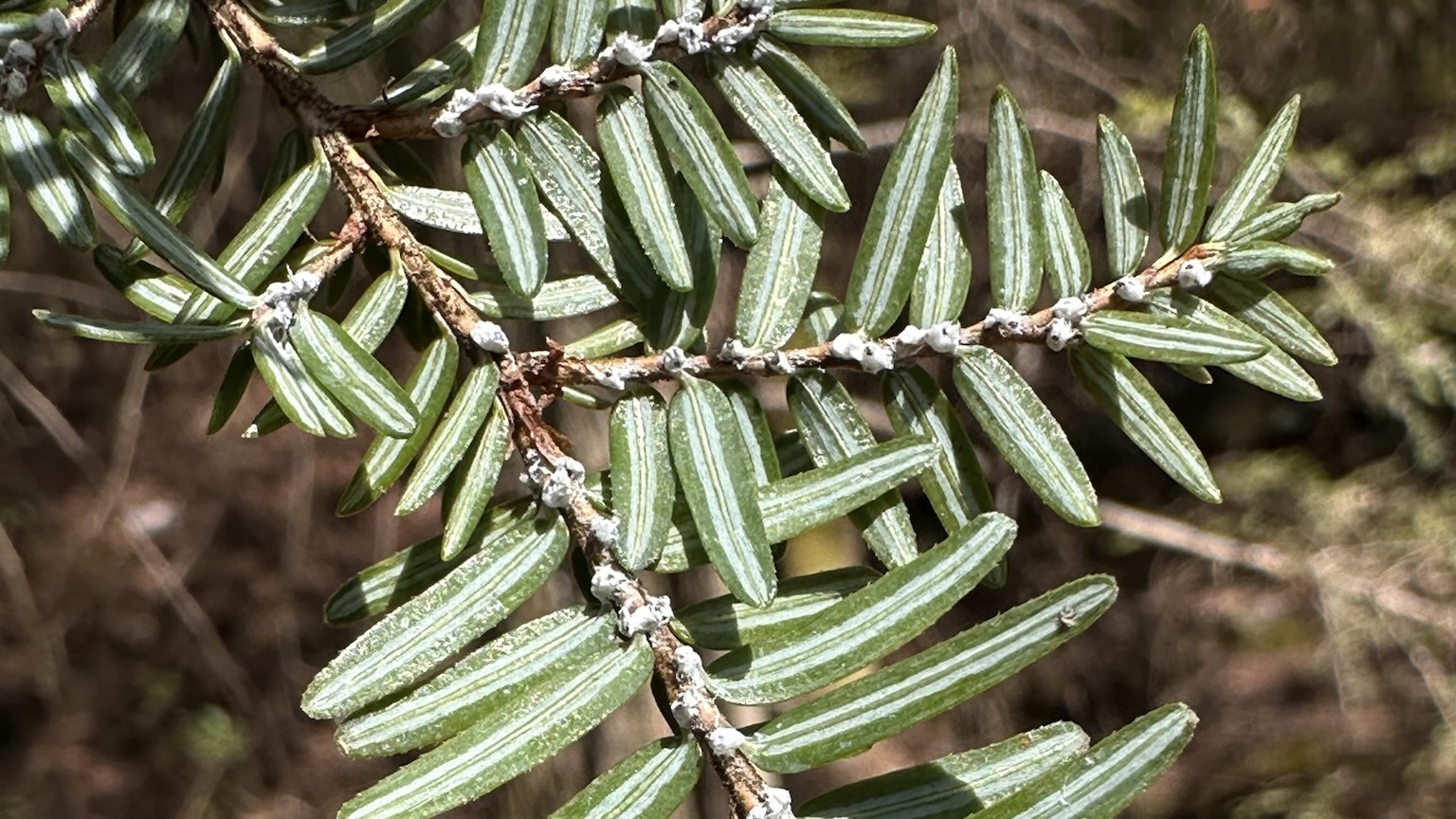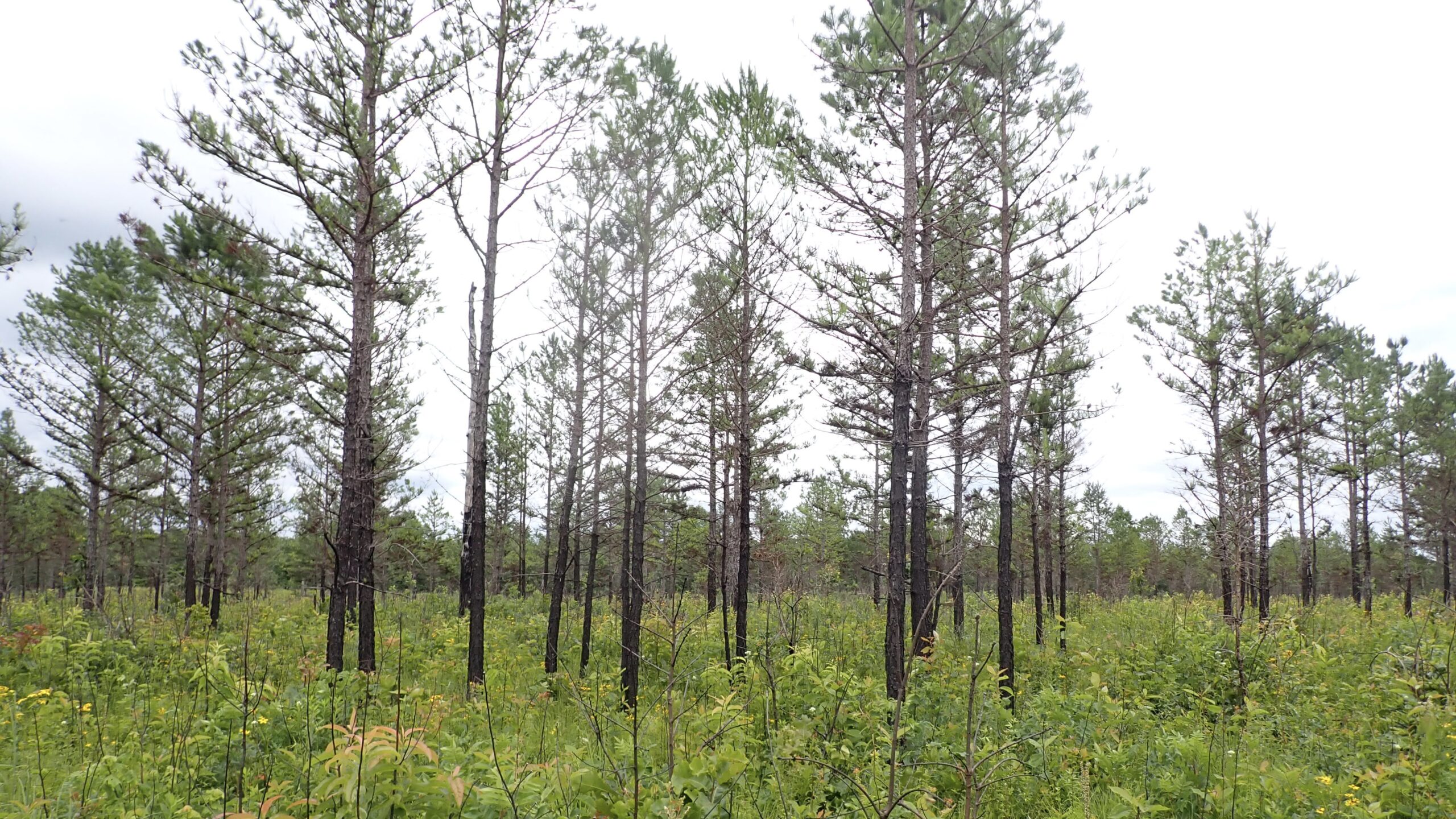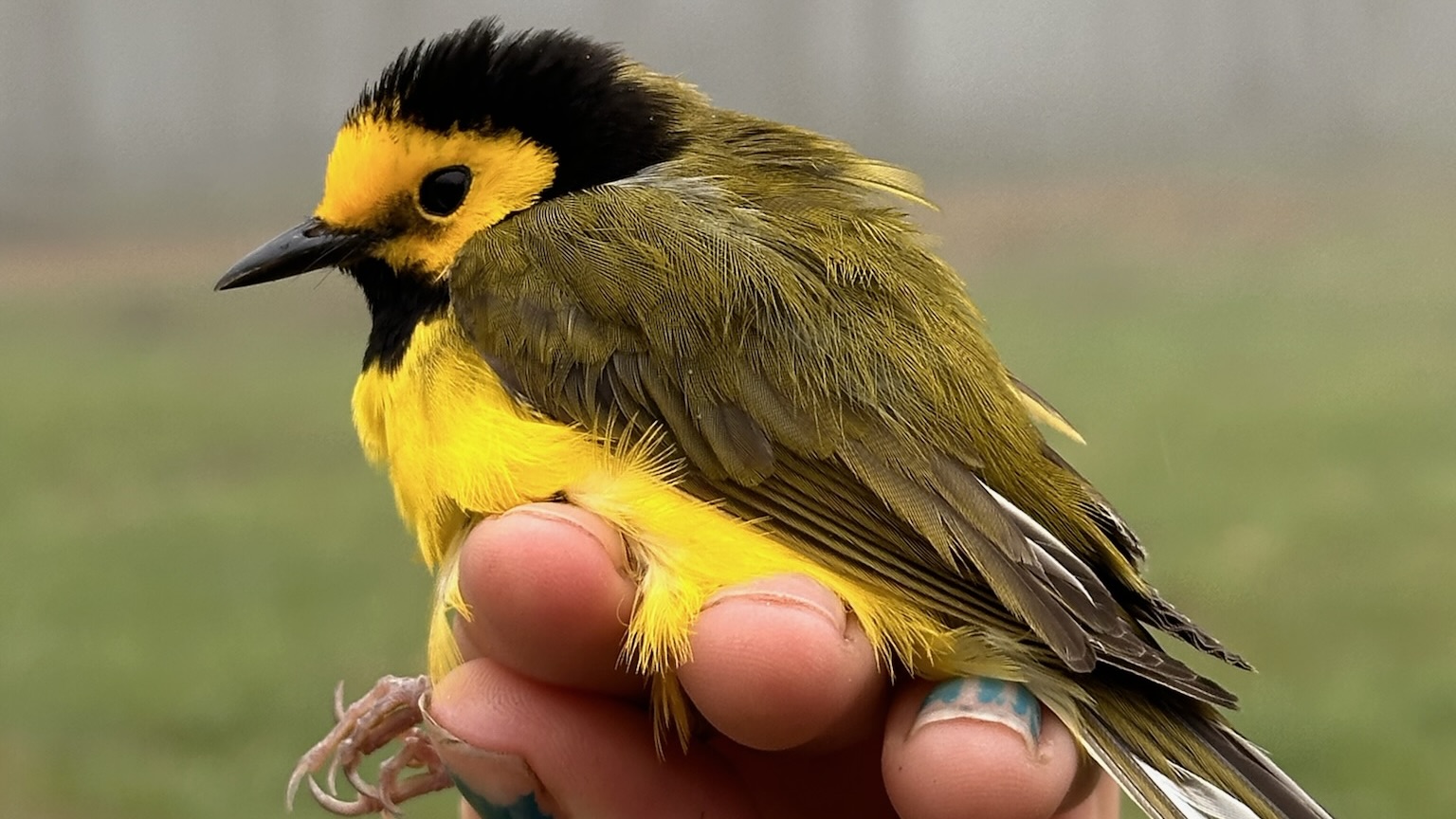01.
02.
03.
THE LAND
Where we work
Appalachian Conservation Institute currently protects about 10,000 acres along the Little Sequatchie River. This land is contiguous, providing a critical corridor for wildlife.
More than 46 rare and endangered species have been identified in the cove. Some of these species, such as the toothy coil mollusk, the blowing cave beetle, and the Sequatchie caddisfly, are found in fewer than five places on Earth.
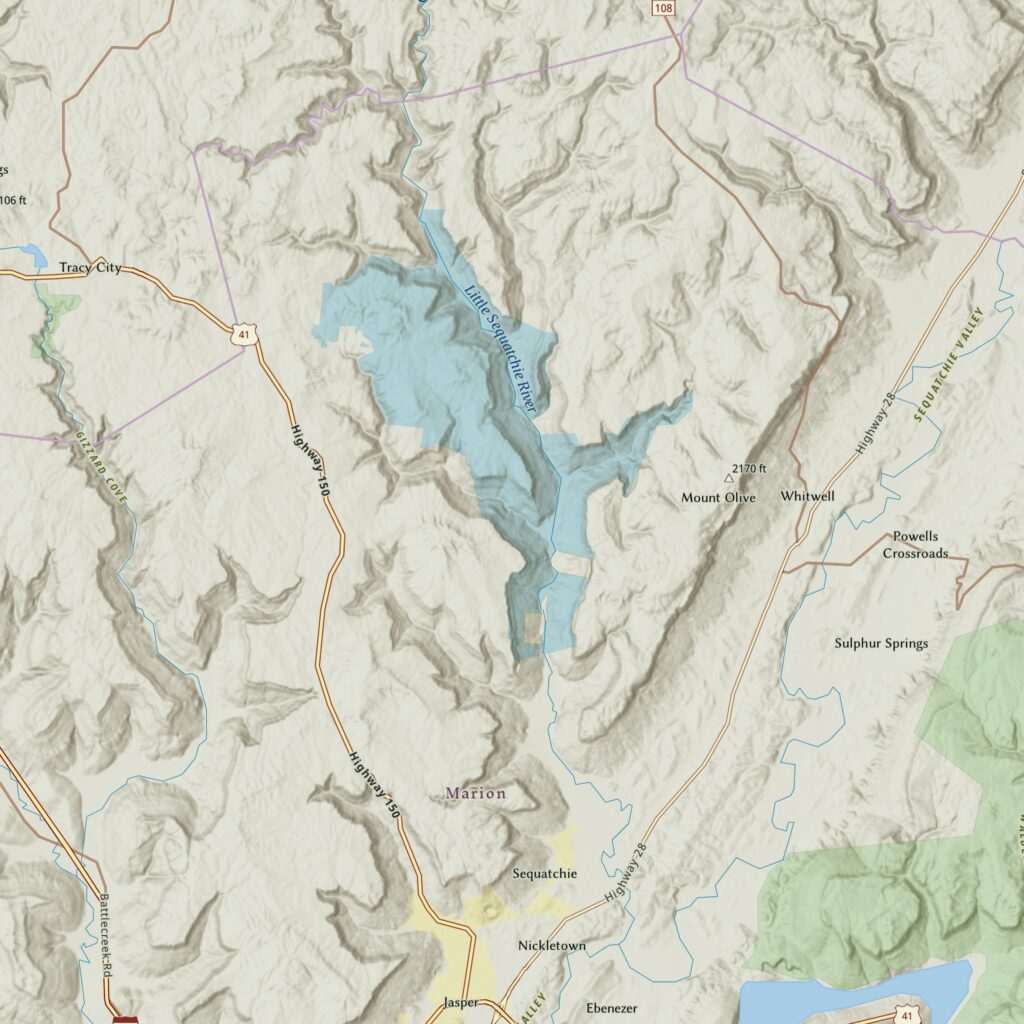
Our Impact
Conservation by the numbers
Our vision
ACI is working to ensure a future of protected lands, thriving biologically—where aspiring conservationists are allowed to explore untrammeled.
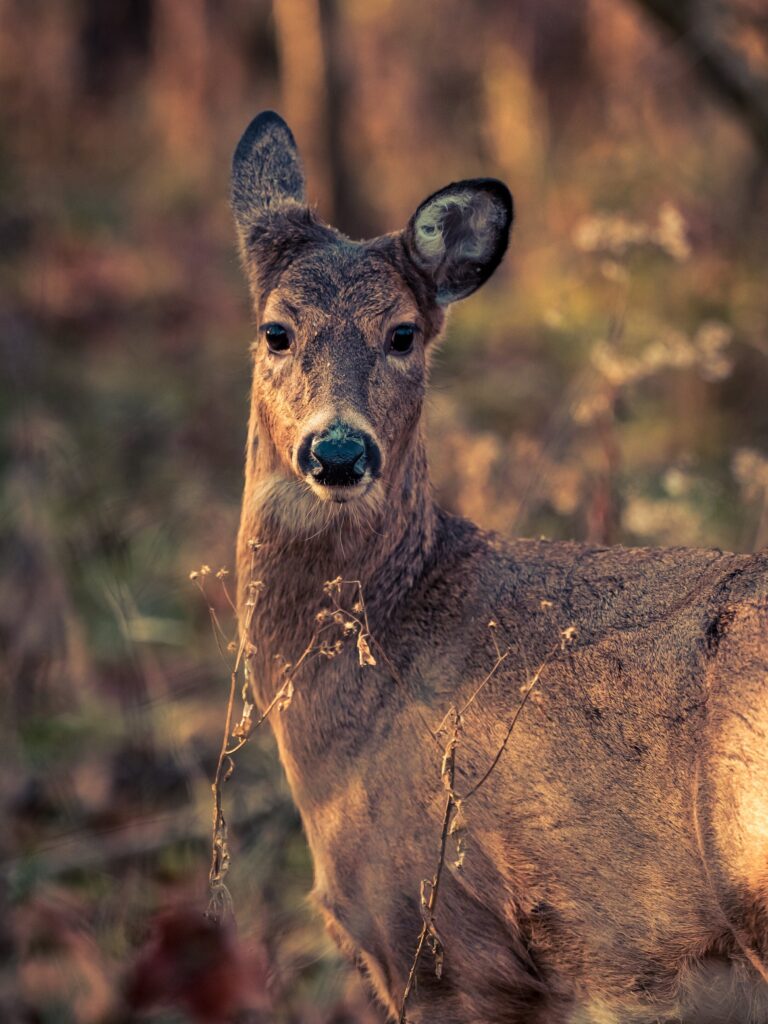
PUBLIC ACCESS
Hunting and recreation
At ACI, we believe nature heals us. We want the local community to enjoy this natural sanctuary. It’s also our mission to ensure the cove is thriving for future generations, which requires us to respect the land’s limits.
Our online permitting system is now open. You can now apply for FREE general recreation and hunting permits.
OUR PROGRAMS
How we’re healing the land
Community partners
